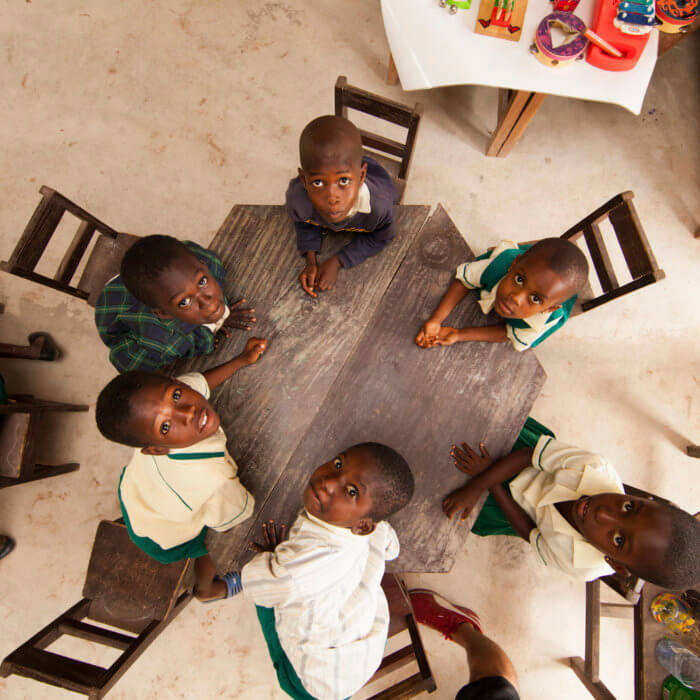The Challenge
A growing number of families have turned to low-fee private schools (LFPS) to help prepare their children for a better future. Over the past decade, the number of LFPS in low- and middle-income countries has steadily increased. This growth has been especially pronounced in certain geographies, including Ghana. The International Finance Corporation estimates that 40 percent of Ghana’s basic education schools are private, of which 40 percent are low-fee.
Remarkably, the growth of LFPS has continued despite numerous challenges. LFPS often operate in low-income areas and complex regulatory environments. LFPS owners have difficulty accessing finance and have little training in financial and school management. Creating the right conditions for these schools to flourish and improve education quality requires a concerted effort by governments, development partners, non-profit organizations, foundations, and researchers.
The Opportunity
If low fee private schools can gain access to wider opportunities for funding, more children in Ghana can access high quality education.
In September 2009, IDP Foundation, Inc., in partnership with Sinapi Aba Trust, created the IDP Rising Schools Program (IDPRSP) through which member LFPS in Ghana receive financial and non-financial services, such as access to micro-loans and financial and school management training. To ensure the IDPRSP continues to provide relevant services to over 500 LFPS, IDPRSP commissioned R4D to study the needs of LFPS in Ghana and assess the impact the program has had on those schools.
This study, which represents one of the most in-depth of its kind, adds to the literature on LFPS by collecting and analyzing data on attitudes and perceptions from both sides of the market.
Our Work
In 2016, R4D conducted a two-part assessment for the IDP Rising Schools Program to:
- better understand the needs of low-fee private schools in Ghana and;
- assess the impact IDPRSP has had on low-fee private schools.
The research employed a mixed methodology that included desk research, key informant interviews (150 school owners and nearly 2,000 households), qualitative and quantitative data collection and a synthesis and analysis of all available and relevant data.
The data collection exercise took place across five of the six regions in Ghana. Data were used to observe potential variations in profitability, infrastructure quality, and household perceptions of school quality across school environments (urban, peri-urban, rural) in IDPRSP and non-IDPRSP schools.
The impact of the IDPRSP was assessed through a comparison of baseline (where available) and endline data.
In addition to findings on LFPS needs, profitability, affordability, the study includes recommendations for IDPRSP and similar stakeholders on how to best support LFPS in a manner that does not detract from, but instead complements the efforts of government schools.
Related publications
Understanding Household and School Proprietor Needs in Low-Fee Private Schools in Ghana: A Needs and Impact Assessment of the IDP Rising Schools Program
Photo: In close collaboration with the Ghana Education Service (GES), the Sabre Charitable Trust’s Brighter Futures Programme aims to improve the future of poor and marginalized young children in rural Ghana by building innovative learning environments (Building Better Schools) and providing Transformational Teacher Training. © Jack Brockway/The Sabre Trust















